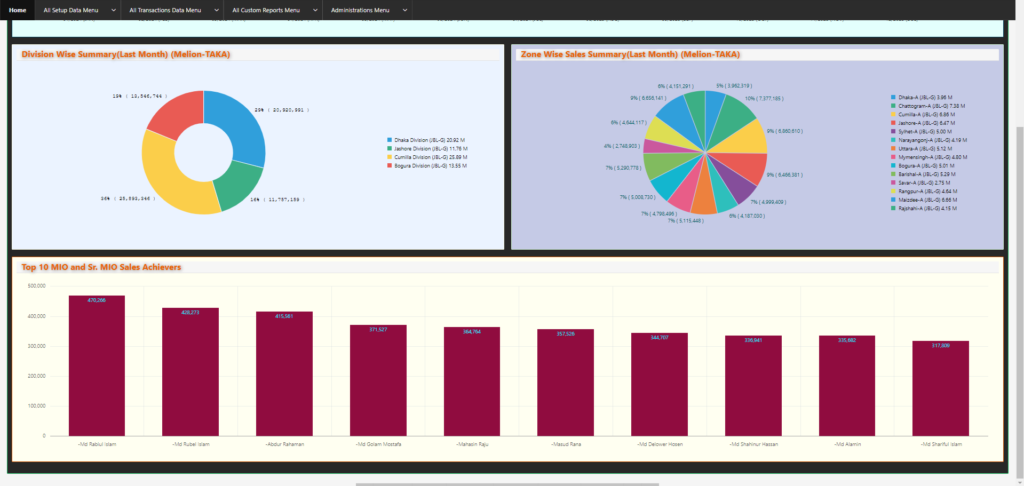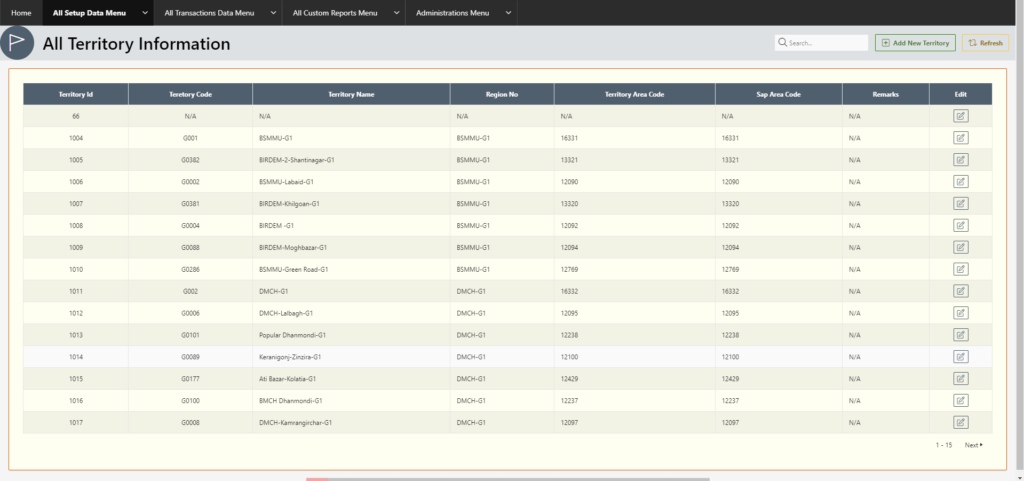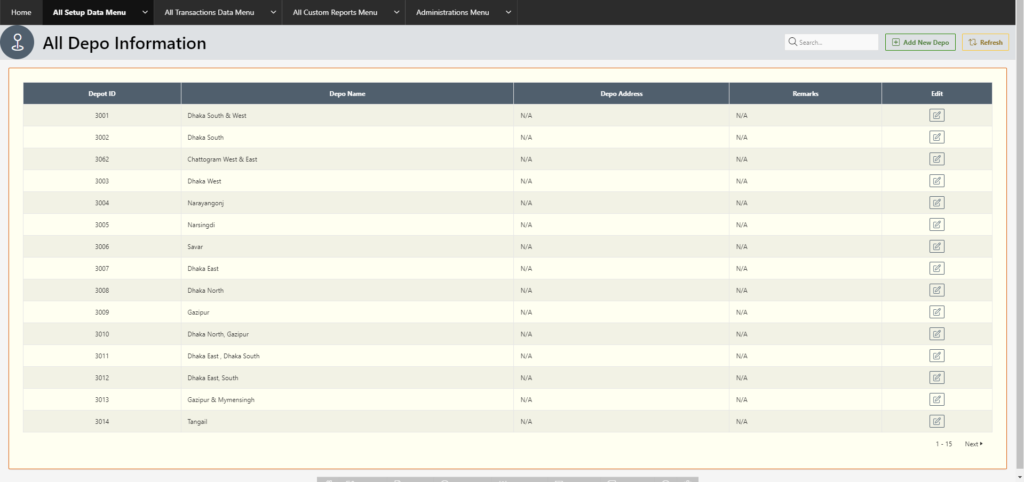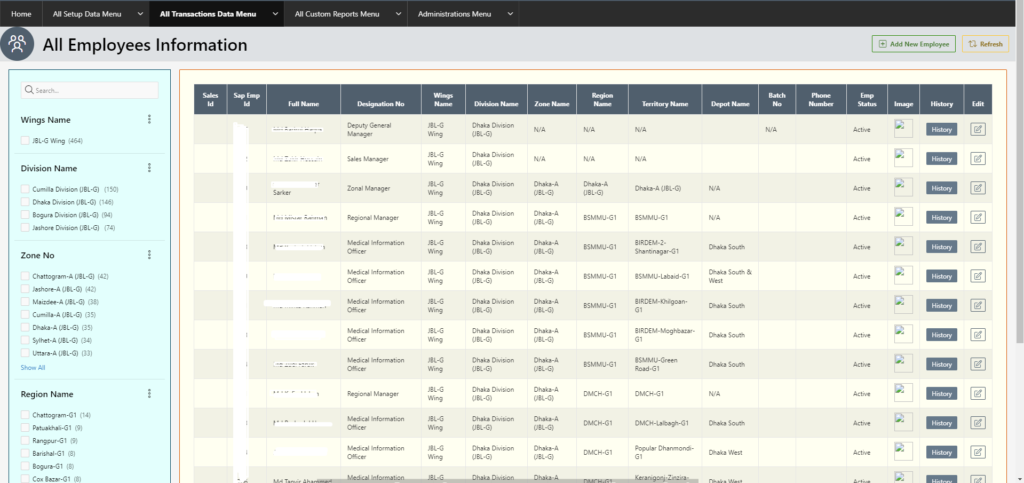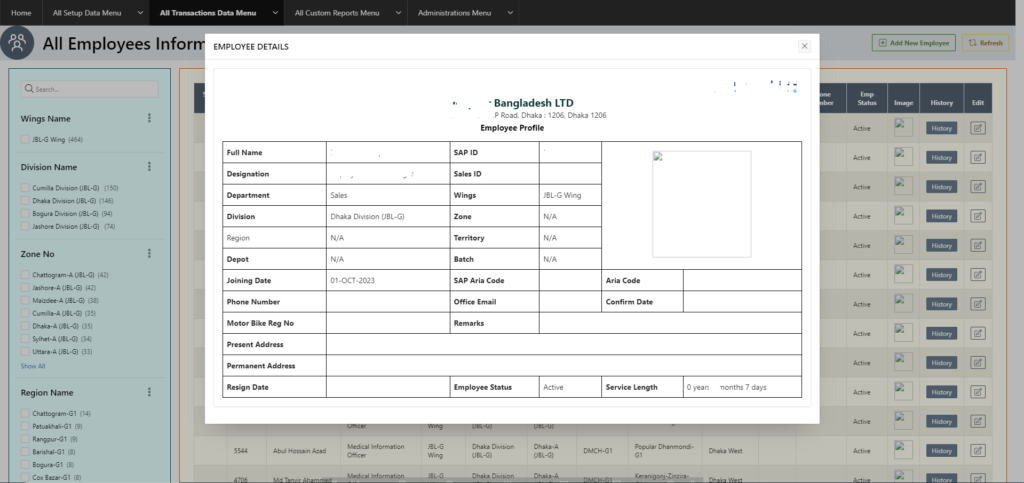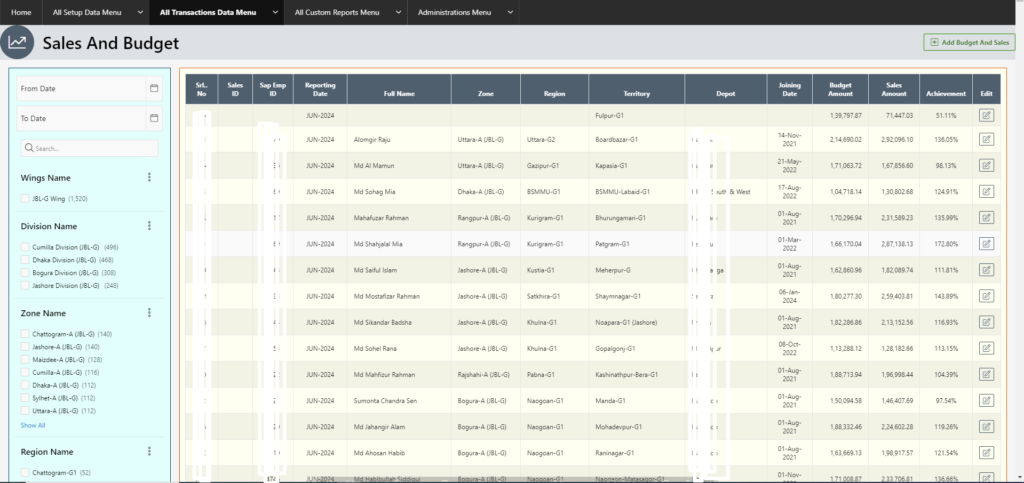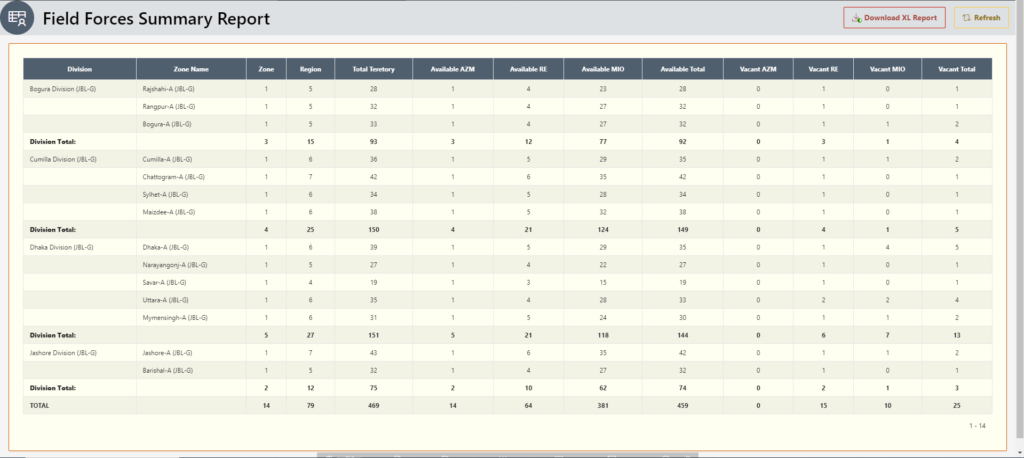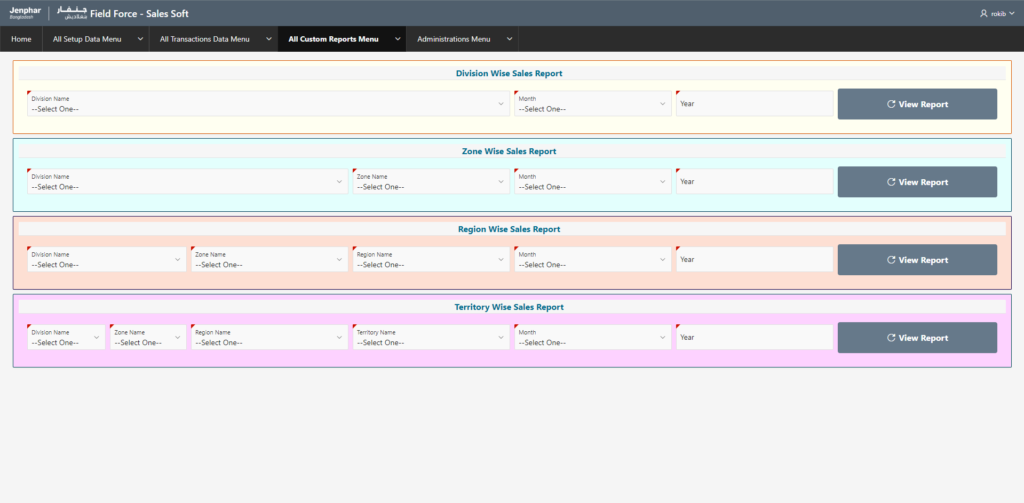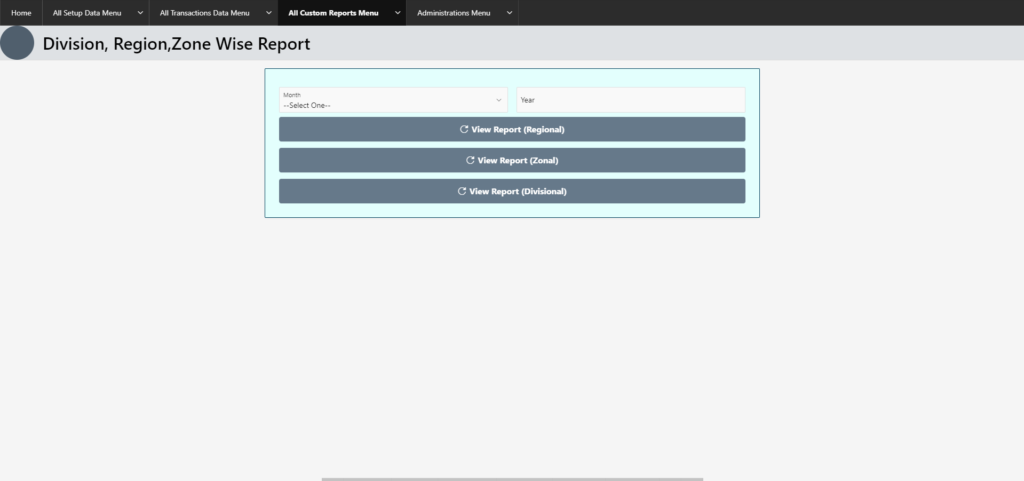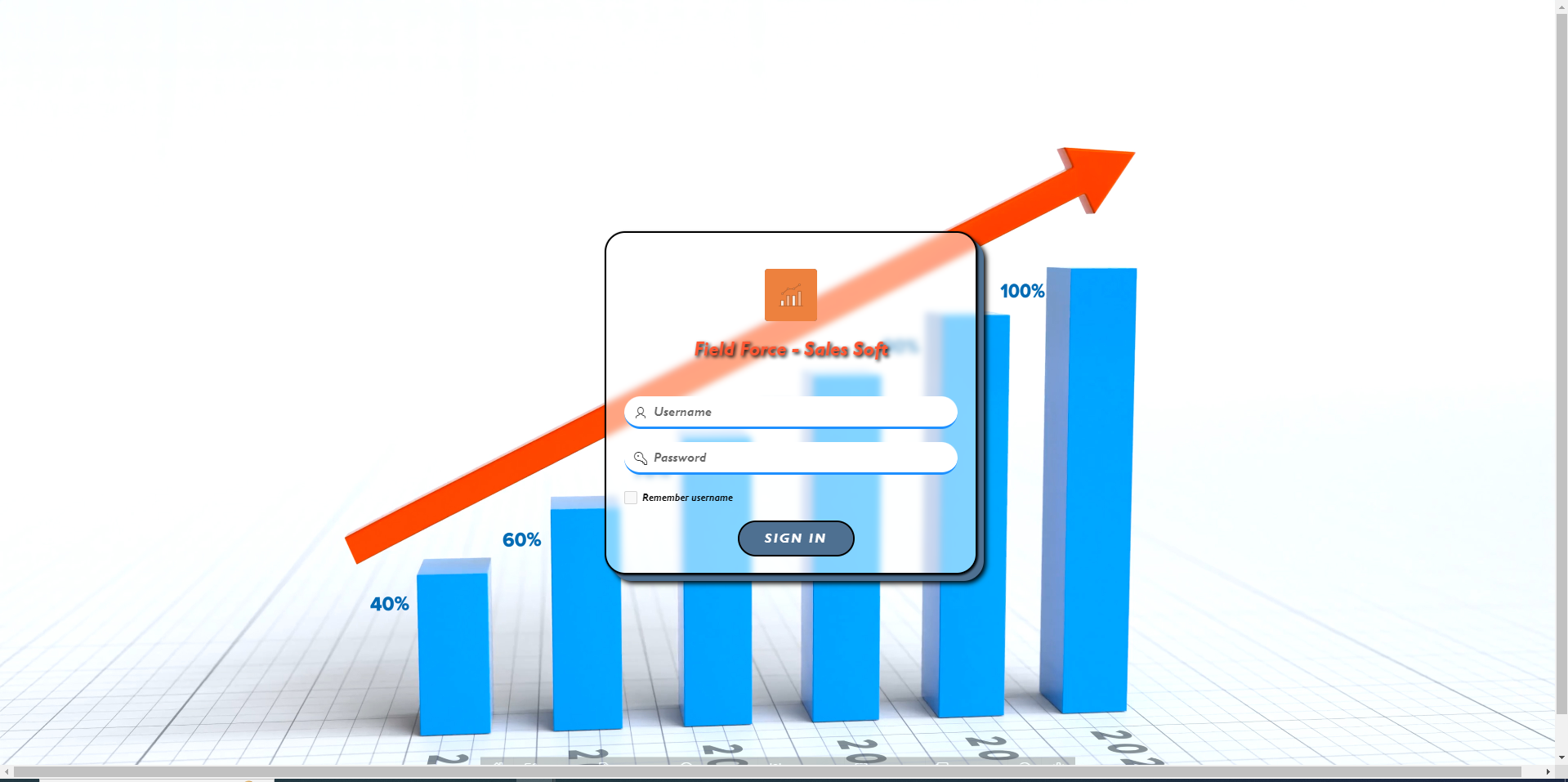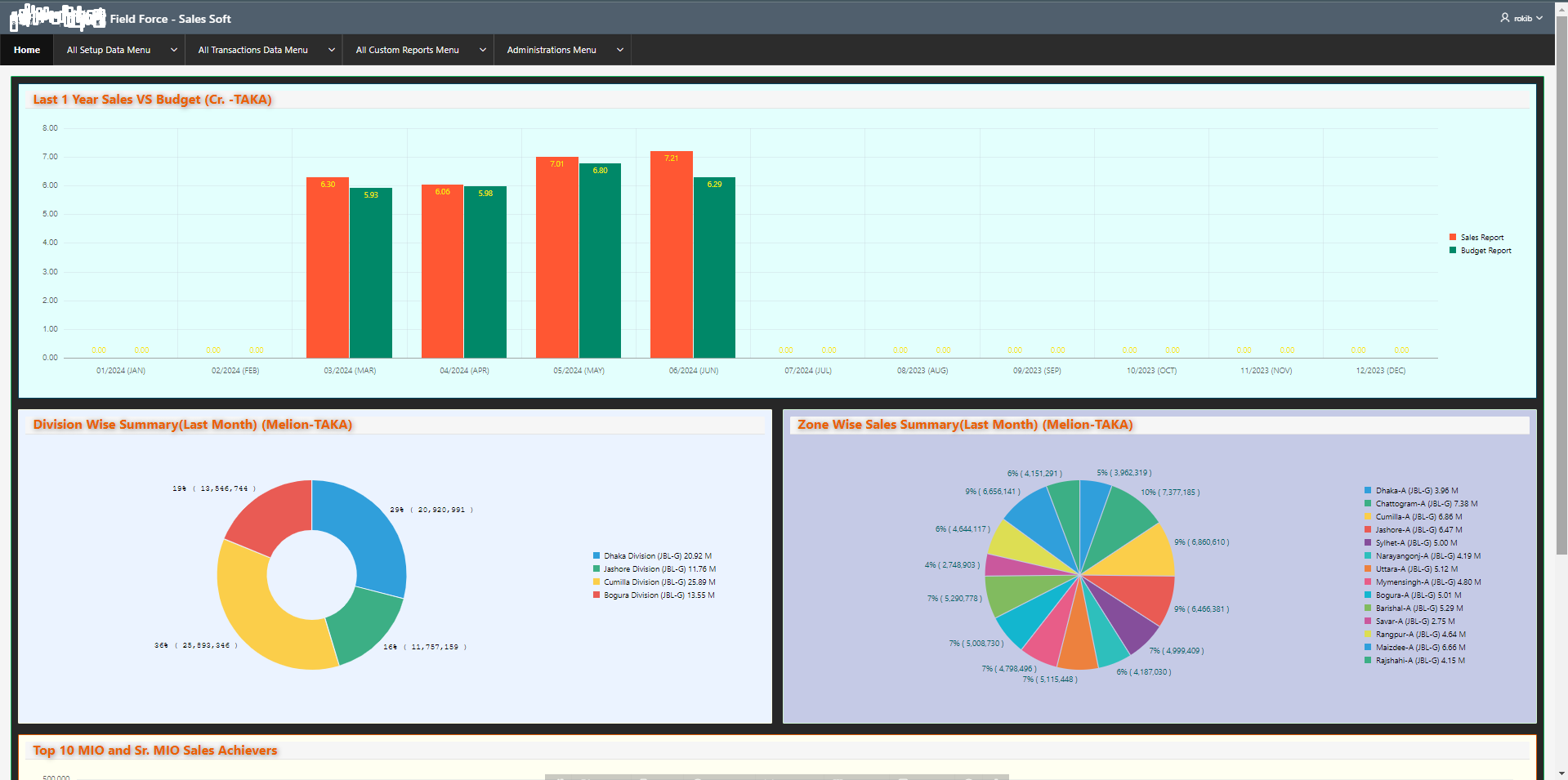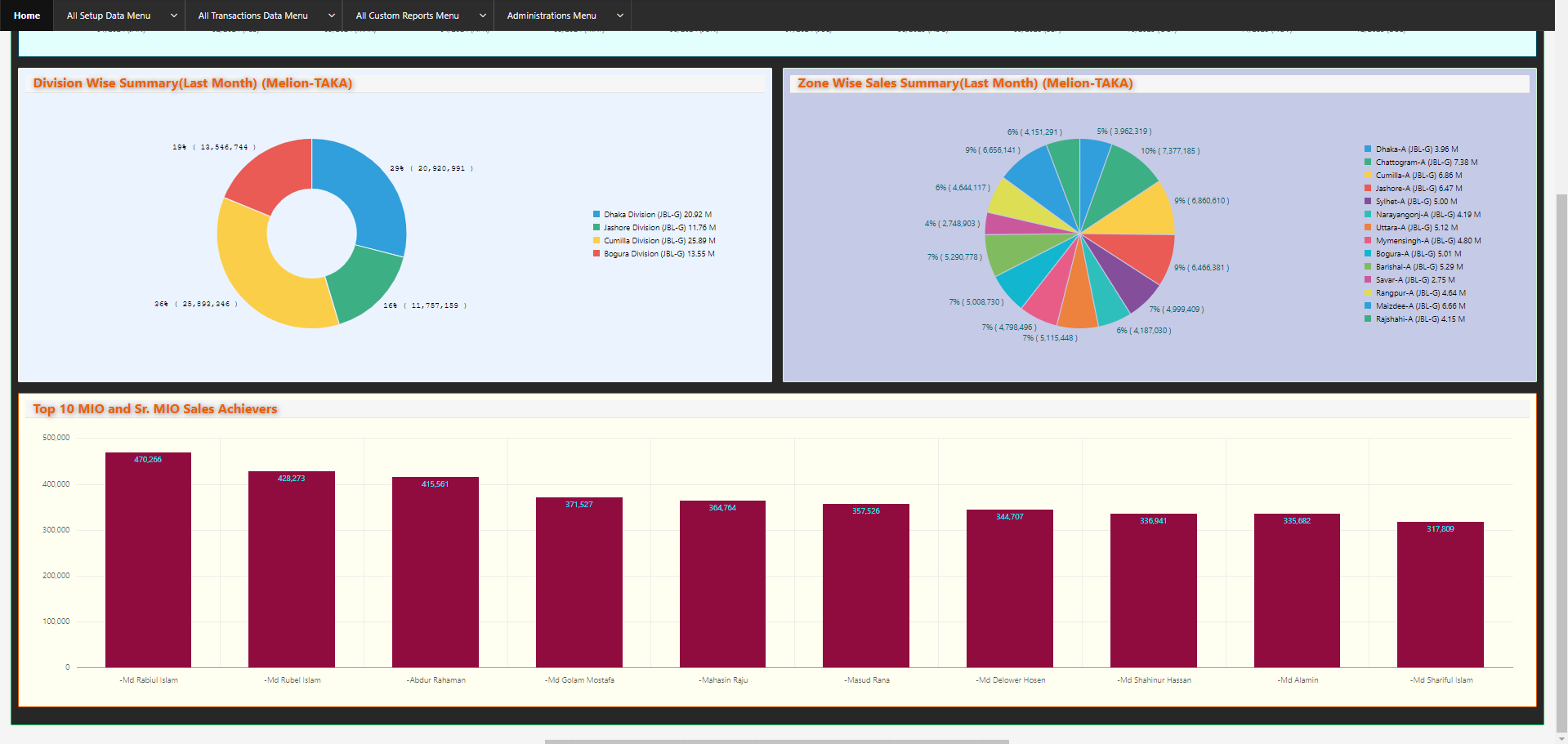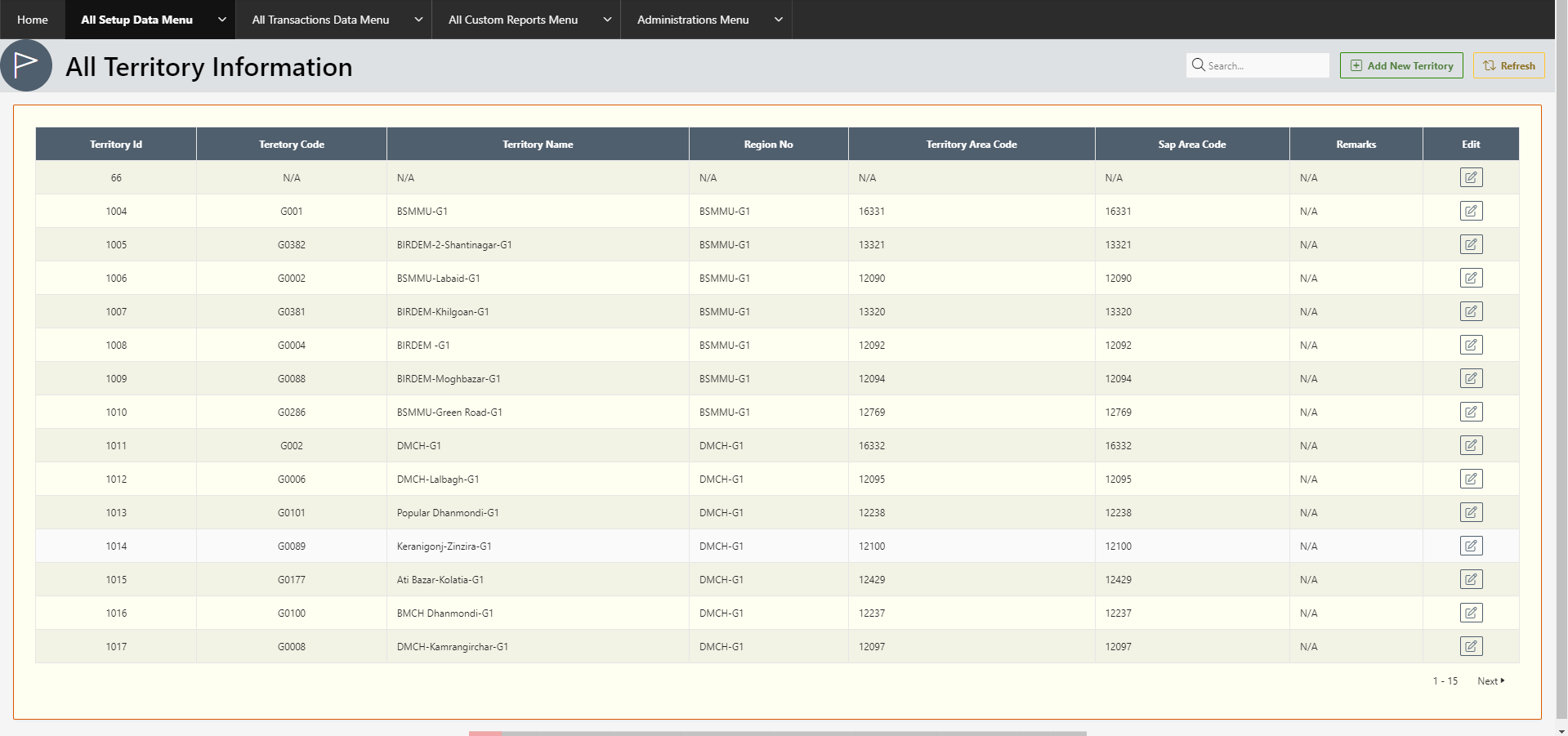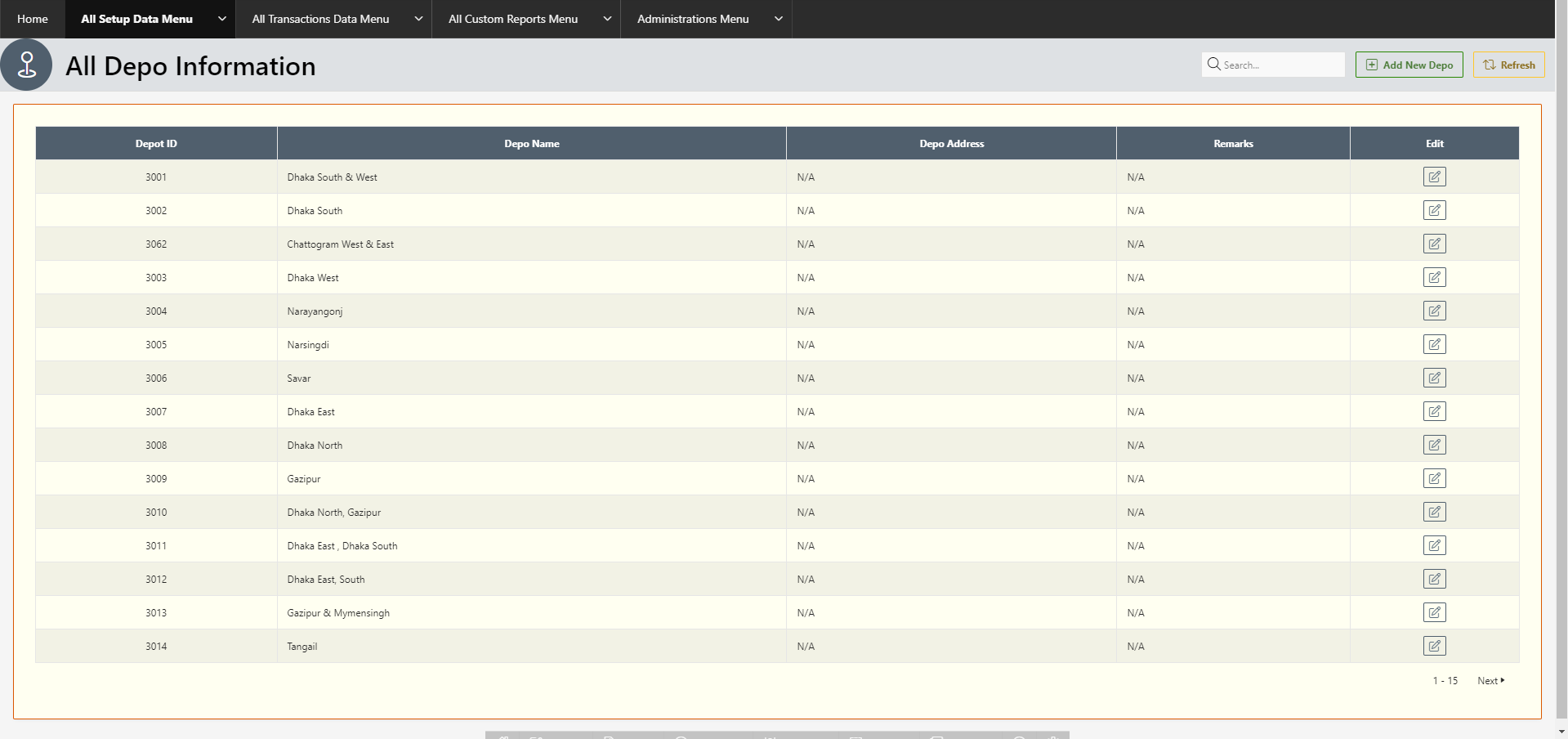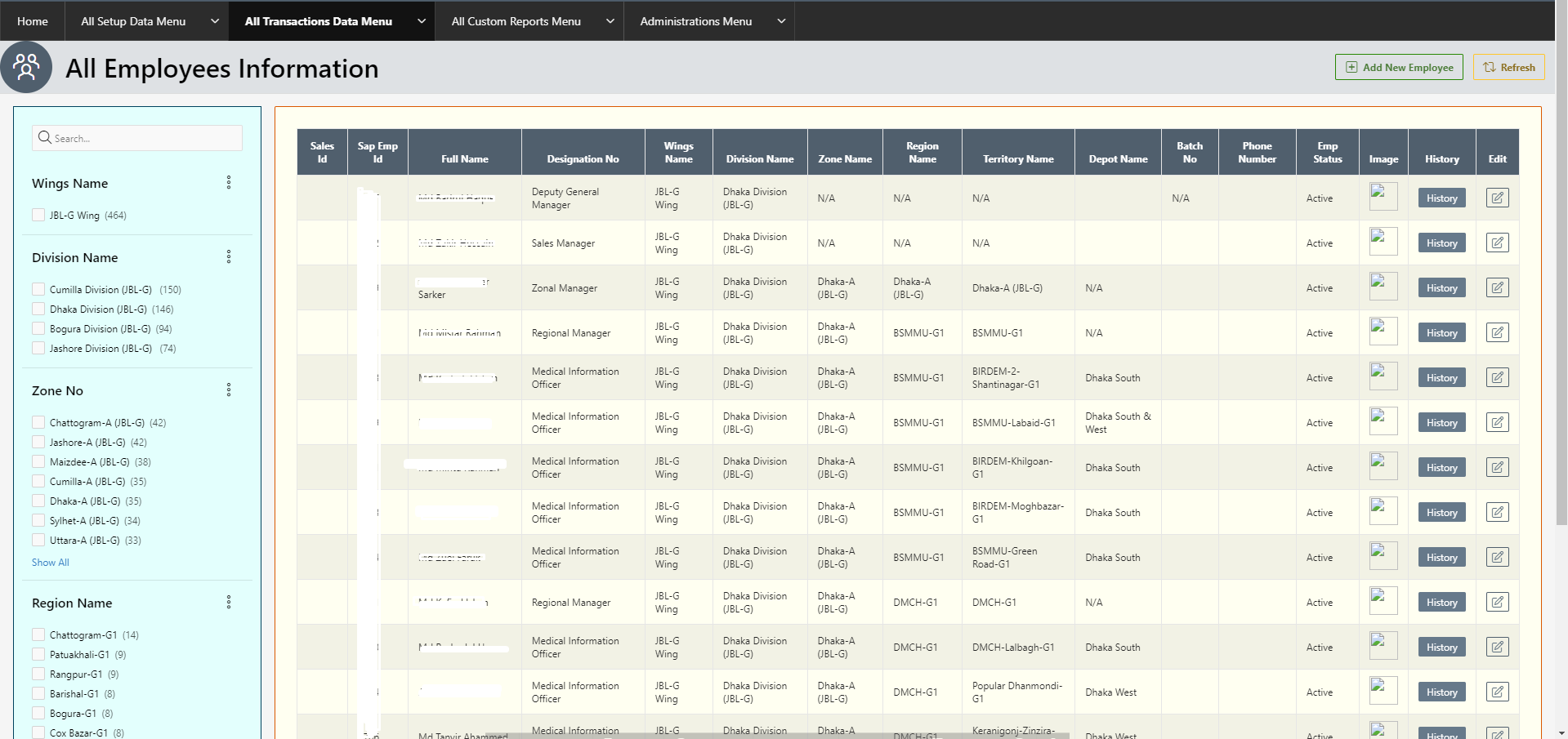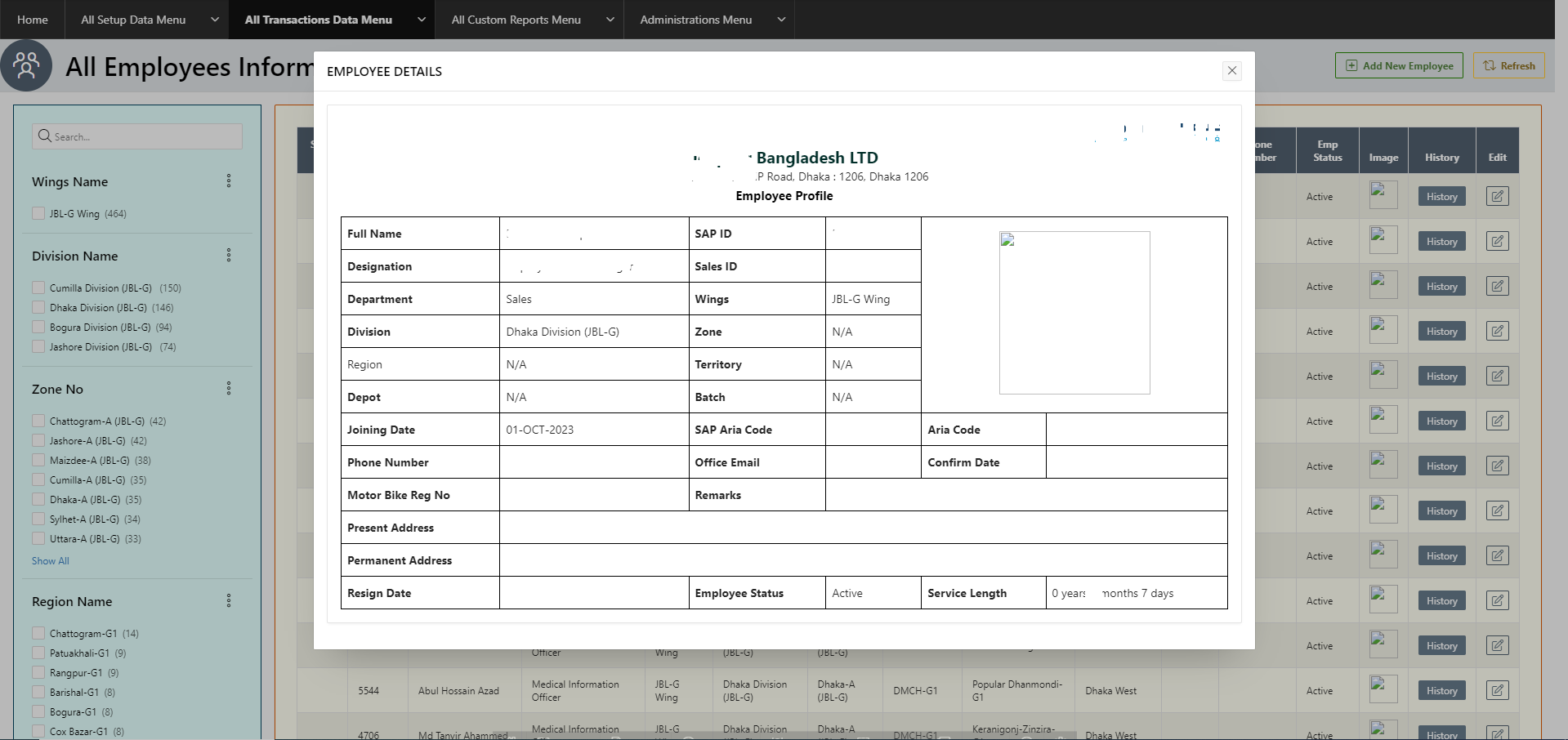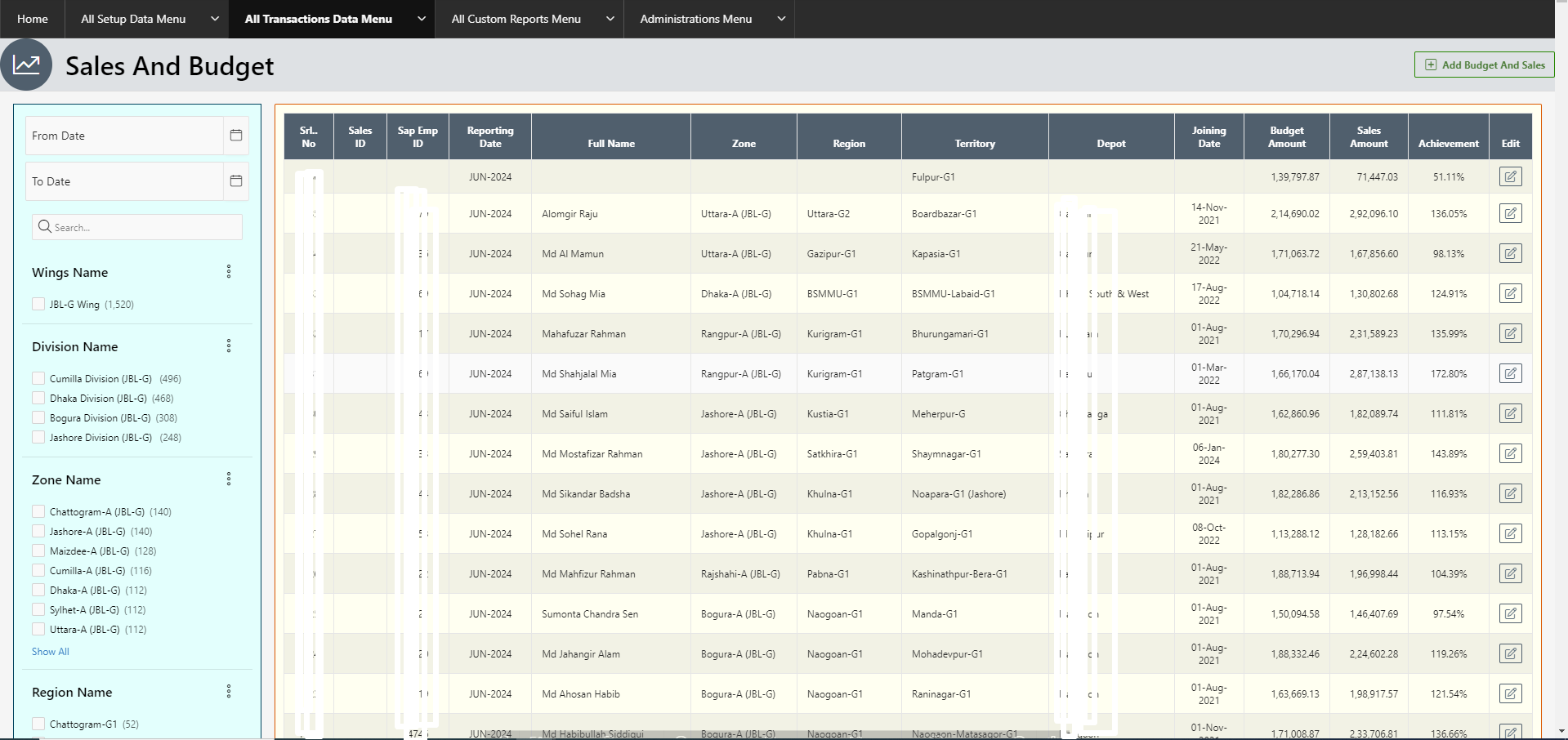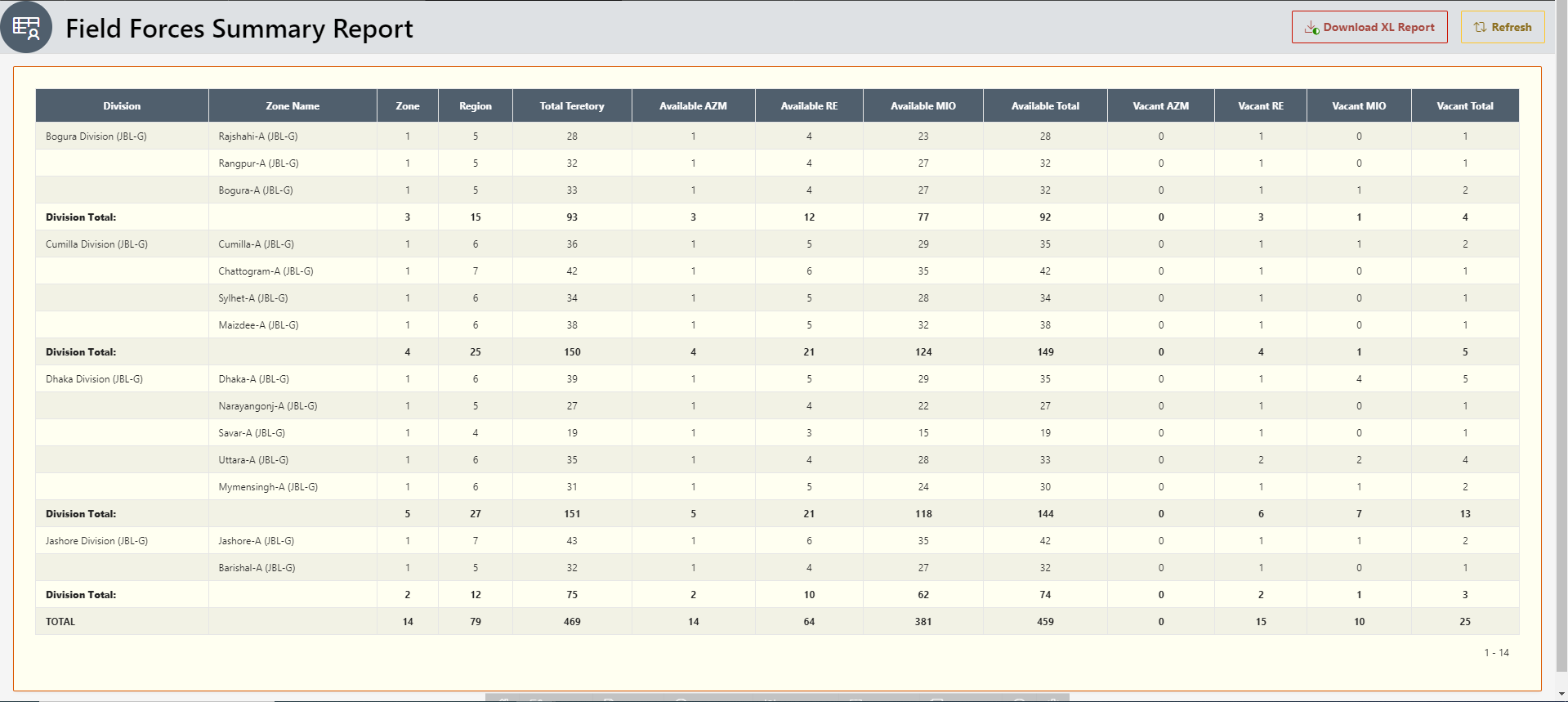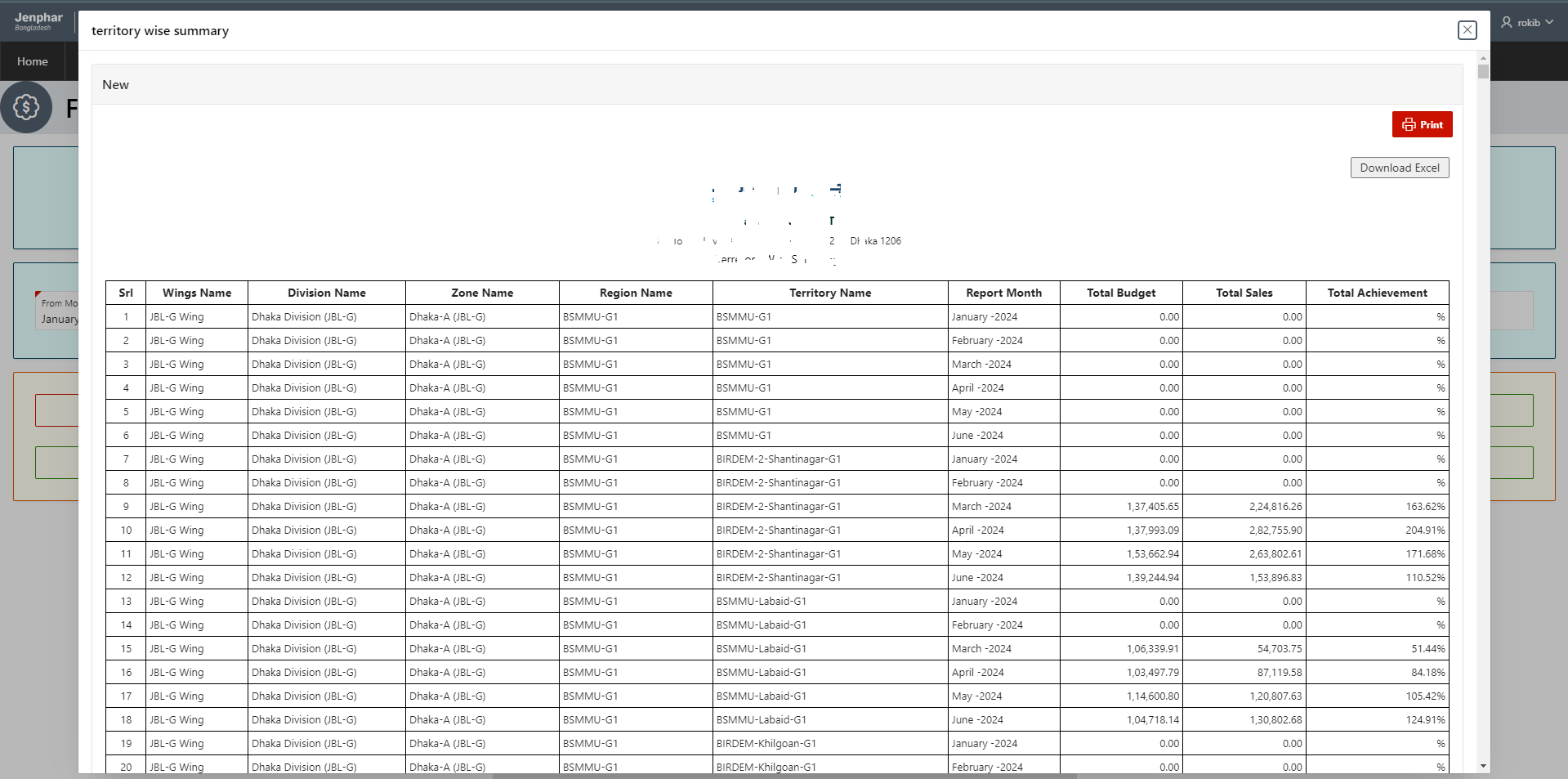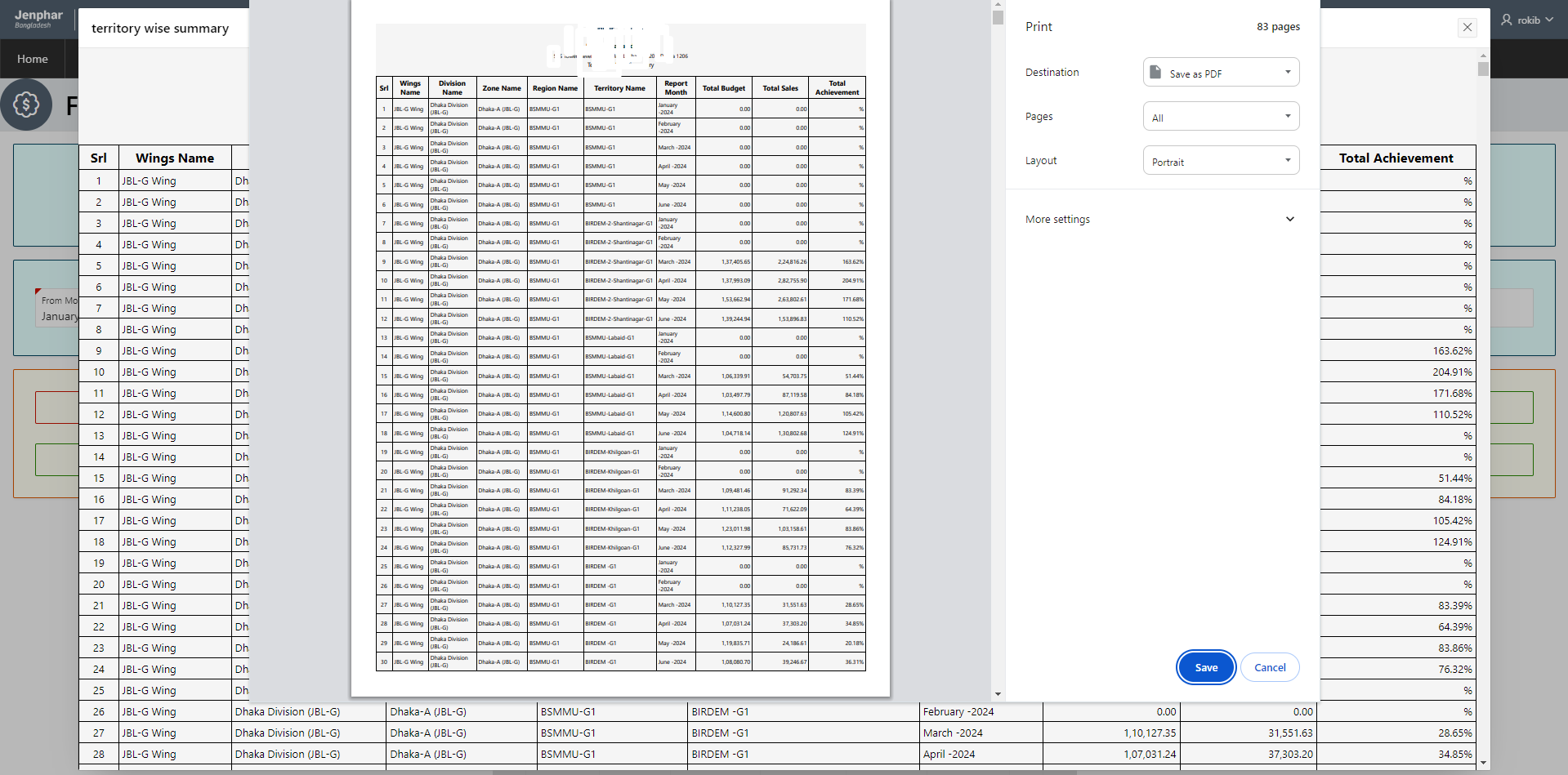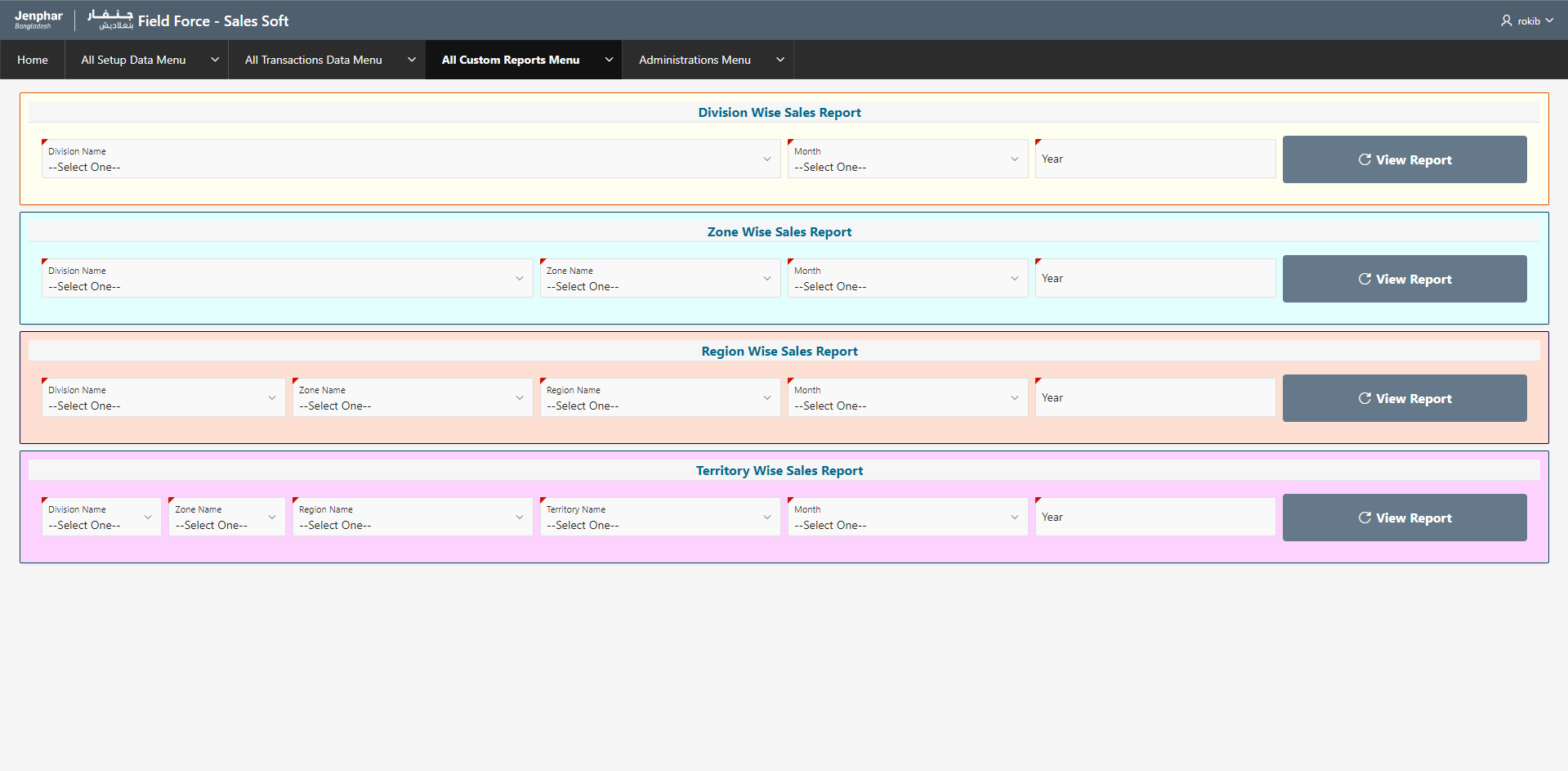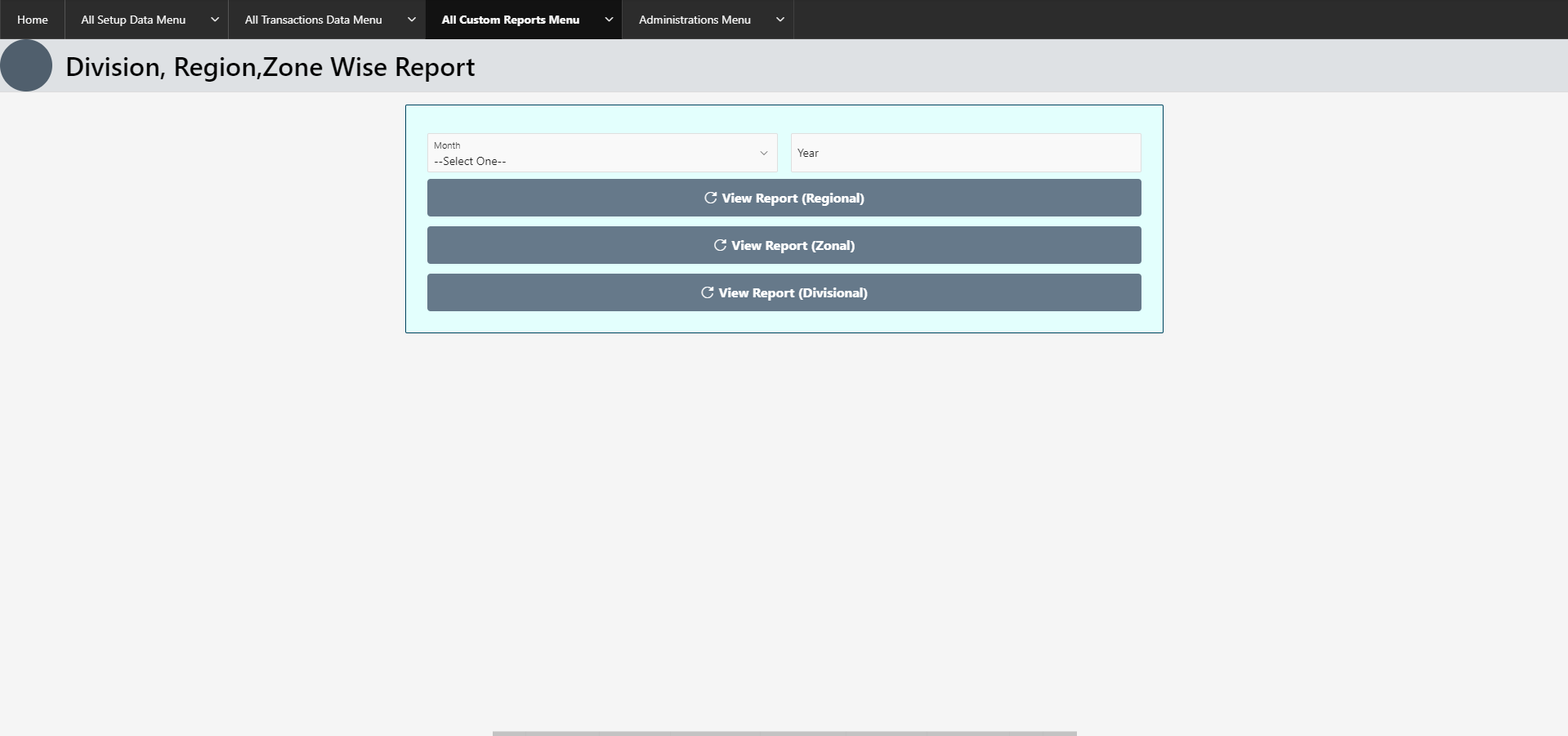A Field Force Sales Software is designed to manage and optimize the activities of a field sales team, ensuring efficient operations, effective communication, and comprehensive tracking of sales performance. Here are the key features of such a software system, with a focus on field force employee management, budget allocation, sales targets, and customizable reporting:
Field Force Employee Management
- Employee Database: Centralized storage of employee details, including personal information, job roles, contact information, and performance metrics.
- Scheduling and Dispatch: Efficiently schedule field visits, assign tasks, and dispatch field agents based on location, availability, and expertise.
- Attendance and Time Tracking: Record attendance and work hours using GPS-based tracking and mobile check-ins/check-outs.
- Activity Logs: Maintain detailed logs of field activities, including meetings, customer interactions, and follow-up actions.
- Performance Tracking: Monitor individual and team performance metrics, such as sales conversions, meeting targets, and customer feedback.
Budget Allocation
- Expense Management: Track and manage expenses incurred by field agents, such as travel, lodging, and meal costs.
- Budget Planning: Allocate budgets to different regions, teams, or individual agents based on sales targets and historical performance.
- Reimbursement Management: Streamline the process of expense claims and reimbursements, with automated approval workflows.
- Cost Analysis: Analyze expenditure patterns to optimize budget allocation and reduce unnecessary costs.
Sales Targets
- Target Setting: Define and assign sales targets to individual agents, teams, or regions based on overall business goals.
- Real-Time Monitoring: Track progress toward sales targets in real-time, providing agents with instant feedback on their performance.
- Incentive Management: Design and manage incentive programs based on target achievements, with automated calculation and disbursement of bonuses.
- Goal Adjustment: Dynamically adjust targets based on market conditions, sales trends, and seasonal fluctuations.
Sales Management
- Lead Management: Capture, assign, and track leads through the sales pipeline, ensuring timely follow-ups and conversions.
- Order Management: Manage the entire order lifecycle, from order placement to delivery and post-sale support.
- Product Catalog: Maintain an up-to-date product catalog with detailed descriptions, pricing, and availability information.
- Customer Relationship Management: Store and manage customer information, interaction history, and preferences for personalized service.
Custom Reporting
- Customizable Dashboards: Create personalized dashboards for different roles, displaying key performance indicators (KPIs) and metrics relevant to each user.
- Sales Reports: Generate detailed sales reports, including daily, weekly, and monthly sales performance, revenue generated, and product-wise sales.
- Activity Reports: Monitor field activities through comprehensive reports on meetings conducted, client interactions, and follow-up status.
- Expense Reports: Analyze expense data to understand spending patterns and optimize cost management.
- Target Achievement Reports: Track progress toward sales targets, identify high-performing agents, and areas needing improvement.
- Geospatial Analysis: Use maps and location-based reports to analyze sales performance by region, route efficiency, and market penetration.
Communication and Collaboration
- Messaging and Alerts: Facilitate real-time communication between field agents and managers through in-app messaging and notifications.
- Collaboration Tools: Enable collaboration through shared calendars, task lists, and document sharing.
- Training and Support: Provide training resources and support channels for field agents to enhance their skills and resolve issues promptly.
Integration and Mobility
- Mobile Access: Ensure field agents can access the software on mobile devices for real-time updates, task management, and data entry.
- CRM and ERP Integration: Seamlessly integrate with existing Customer Relationship Management (CRM) and Enterprise Resource Planning (ERP) systems for data consistency and workflow automation.
- Third-Party Apps: Integrate with other third-party applications like accounting software, email marketing tools, and geolocation services for enhanced functionality.
Security and Data Privacy
- Data Encryption: Ensure secure data transmission and storage through robust encryption methods.
- Access Control: Implement role-based access controls to restrict data access based on user roles and responsibilities.
- Compliance: Ensure compliance with relevant data protection regulations and standards, safeguarding customer and employee information.
Implementing a Field Force Sales Software with these features can significantly enhance the efficiency and productivity of a field sales team, improve customer satisfaction, and drive overall business growth.


